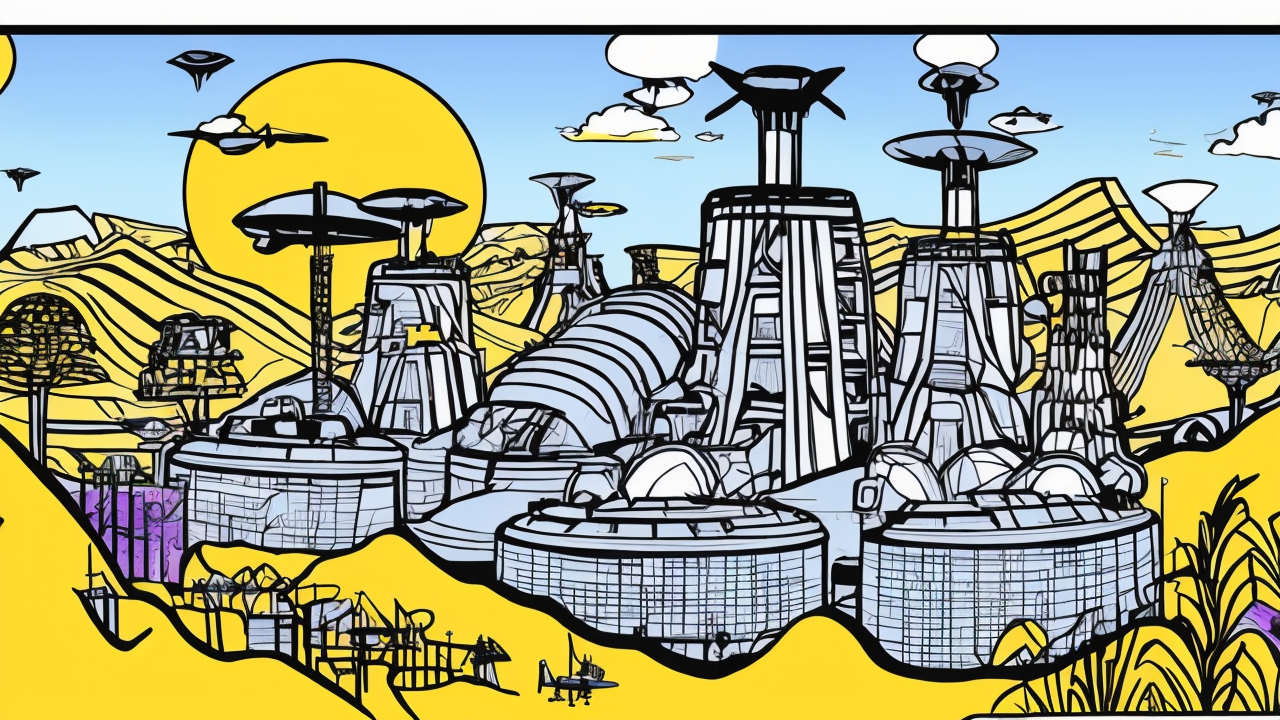Small Modular Reactors: A Game-Changer for Africa's Energy Future

Sub-Saharan Africa faces a critical electricity crisis, with over 600 million people lacking access to reliable power. This deficit hampers economic growth, healthcare, and education, perpetuating cycles of poverty. While the West promotes renewable-heavy policies, these often fall short in regions with limited infrastructure, failing to provide consistent baseload power essential for industrial development. Small Modular Reactors (SMRs) offer a promising solution. Unlike large-scale nuclear plants, SMRs are compact, scalable, and adaptable to diverse landscapes. South Africa, the continent's leader in nuclear innovation, is advancing projects like the Pebble Bed Modular Reactor (PBMR) and its successor, the HTMR-100. These reactors use helium gas for cooling, eliminating the need for large water bodies—a critical advantage in arid regions. The HTMR-100 is designed for rapid deployment and affordability, with modular components reducing costs. The Trump Administration's support for SMR development presents a unique opportunity. By backing nuclear initiatives, the U.S. can foster economic partnerships with Africa, countering influence from other global powers. This shift aligns with a growing recognition of nuclear power as a reliable, clean energy source, with recent regulatory reforms in the U.S. spurring market optimism. SMRs hold the potential to transform Africa's energy landscape, offering a pathway to electricity security and economic growth. By championing this technology, the U.S. can help power Africa's rise, ensuring prosperity for the continent and stability for the world. The time to act is now.
Published: 7/27/2025
















